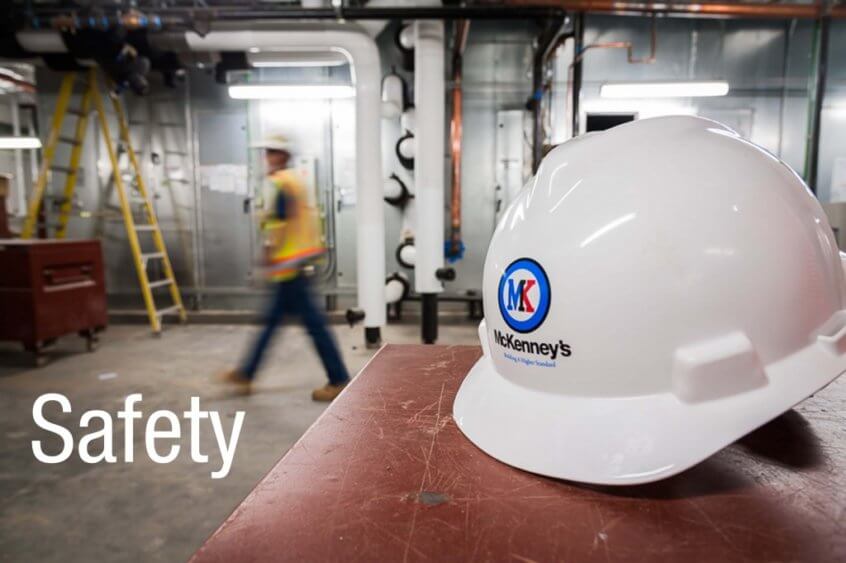
As a matter of fact, statistics show that unsafe actions cause four times as many accidents and injuries as unsafe conditions and a full 80% of accidents are the fault of the person involved in the incident. Surprised? Maybe we wouldn’t be if we looked at the root causes of most accidents.
Safety Toolbox Topics lists these seven things as some of the most common accident causes:
- Taking Shortcuts – Every day we make decisions we hope will make the job faster and more efficient. But do time savers ever risk your own safety, or that of other crew members? Short cuts that reduce your safety on the job are not shortcuts, but an increased chance for injury.
- Being Over Confident – Confidence is a good thing. Overconfidence is too much of a good thing. “It’ll never happen to me” is an attitude that can lead to improper procedures, tools, or methods in your work. Any of these can lead to an injury.
- Starting a Task with Incomplete Instructions – To do the job safely and right the first time you need complete information. Don’t be shy about asking for explanations about work procedures and safety precautions. It isn’t dumb to ask questions; it’s dumb not to.
- Poor Housekeeping – When clients, managers or safety professionals walk through your work site, housekeeping is an accurate indicator of everyone’s attitude about quality, production and safety. Poor housekeeping creates hazards of all types. A well maintained area sets a standard for others to follow. Good housekeeping involves both pride and safety.
- Ignoring Safety Procedures – Purposely failing to observe safety procedures can endanger you and your co-workers. You are being paid to follow the company safety policies-not to make your own rules. Being “casual” about safety can lead to a casualty!
- Mental Distractions from Work – Having a bad day at home and worrying about it at work is a hazardous combination. Dropping your ‘mental’ guard can pull your focus away from safe work procedures. You can also be distracted when you’re busy working and a friend comes by to talk while you are trying to work. Don’t become a statistic because you took your eyes off the machine “just for a minute.”
- Failure to Pre-Plan the Work – There is a lot of talk today about Job Hazard Analysis. JHA’s are an effective way to figure out the smartest ways to work safely and effectively. Being hasty in starting a task, or not thinking through the process can put you in harms way. Instead, Plan Your Work and then Work Your Plan!
Understanding these underlying accident causes and considering them before each and every job would no doubt go a long way toward reducing accidents by preventing the preventable.
Have a question for our experts? Leave your comment below and check out our website for more information.







